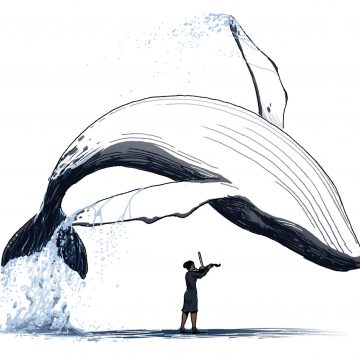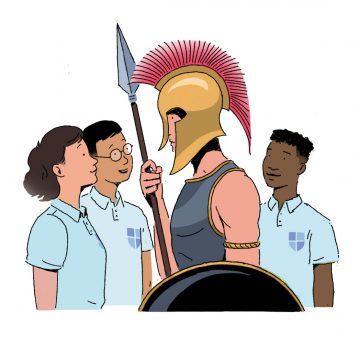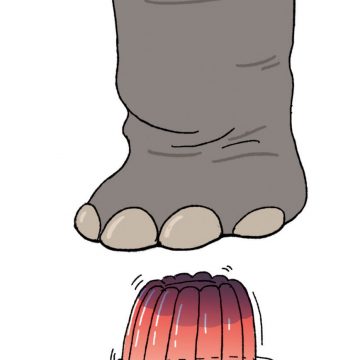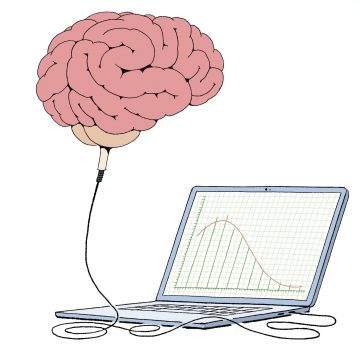Campendium: Lent Term 2023
Campaign
80,000 alumni donors contributed to the ‘Dear World… Yours, Cambridge’ campaign, supporting 4,316 studentships, 400 posts and 178 buildings.
Philanthropy
Get In Cambridge programme doubles in size thanks to philanthropic support
Almost twice the number of students will benefit from Get In Cambridge this year, thanks to a £1m gift from alumnus Supraj Rajagopalan (St John’s 1996).
The programme aims to encourage both undergraduate and postgraduate students from underrepresented ethic minority backgrounds to come to Cambridge. Undergraduates receive an annual Get In award to ensure they can make the most of Cambridge life, and Master’s students receive a studentship to enable them to take up their offer at Cambridge. To date, the programme has benefited 82 students.
“I’m pleased to support such a fantastic and inspirational programme,” says Dr Rajagopalan. “Its scope of encouraging applications, as well as supporting students when they’re here, is key to helping address systemic disadvantage, both before and during their Cambridge experience.”
His own Cambridge experience was, he says, transformative. “I believe in giving back to benefit future generations. I was exposed to incredible role models across Cambridge, and I believe the Get In programme offers today’s students a wide range of role models at all levels.”
Since the programme launched in 2019, the proportion of students from underrepresented backgrounds successfully applying to Cambridge has significantly increased – due in part to the financial provision available from Get In Cambridge. And it’s hoped that, ultimately, the programme will support every socio-economically disadvantaged student from an underrepresented ethnic minority background.
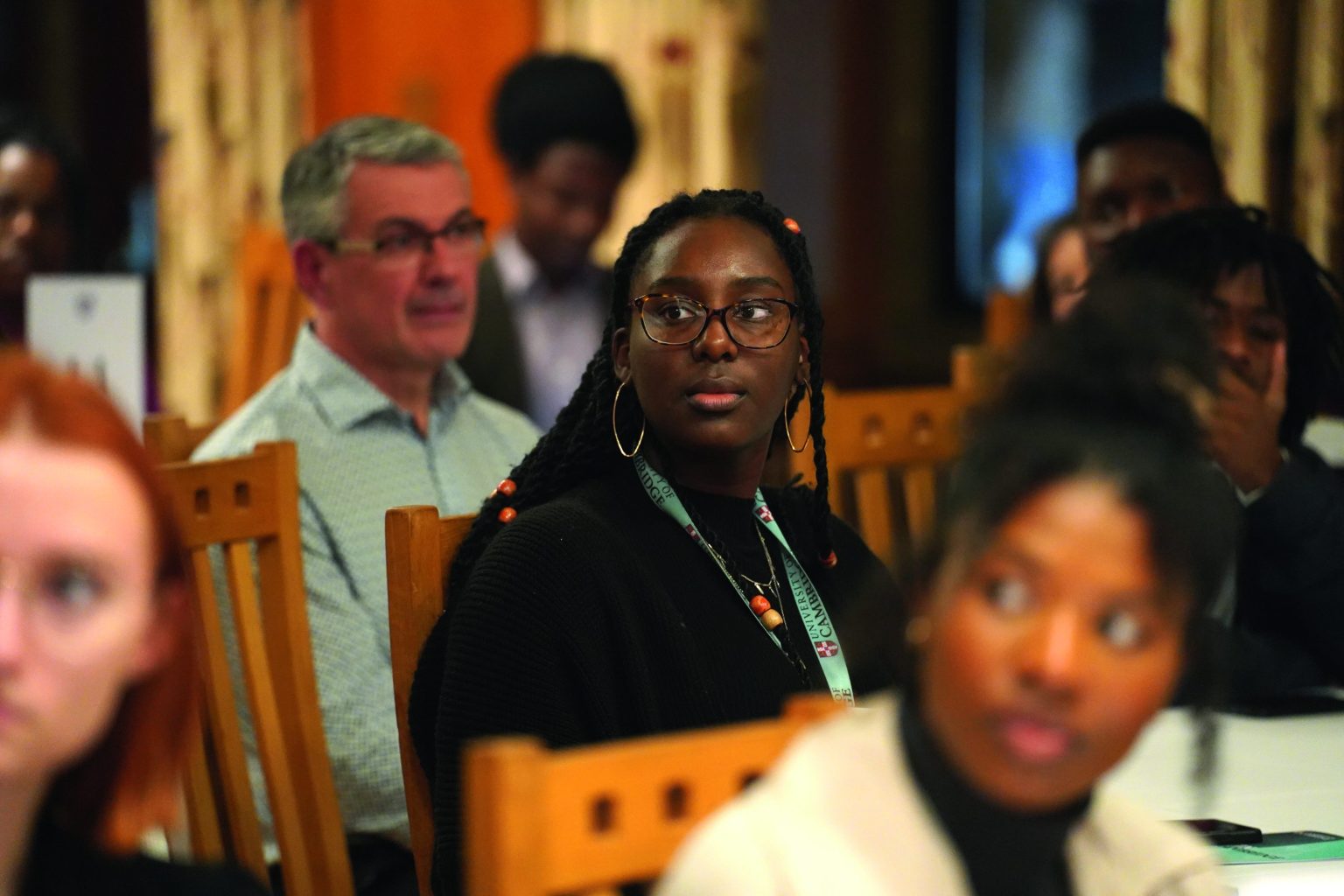
Solving grammar’s greatest puzzle
A grammatical problem which has defeated Sanskrit scholars for millennia has finally been solved by a Cambridge PhD student. Rishi Rajpopat (St John’s 2017) decoded an algorithm created by Sanskrit scholar Pānini in 500BC. Now, the 4,000 rules that make up Pānini’s Sanskrit “language machine” work – for the first time in 2,500 years.
Deconstructed
Underground polluted with particles small enough to enter bloodstream
- The London Underground is polluted with ultrafine metallic particles small enough to end up in the human bloodstream, a new study has found.
- Researchers from the Department of Earth Sciences used magnetism to study dust samples from ticket halls, platforms and operator cabins.
- Some particles are just five nanometres in diameter – small enough to be inhaled and enter the bloodstream, but too small for pollution monitoring to find.
- It’s not yet known whether these particles pose a health risk, but researchers suggest removal of dust and monitoring of pollution could improve air quality.
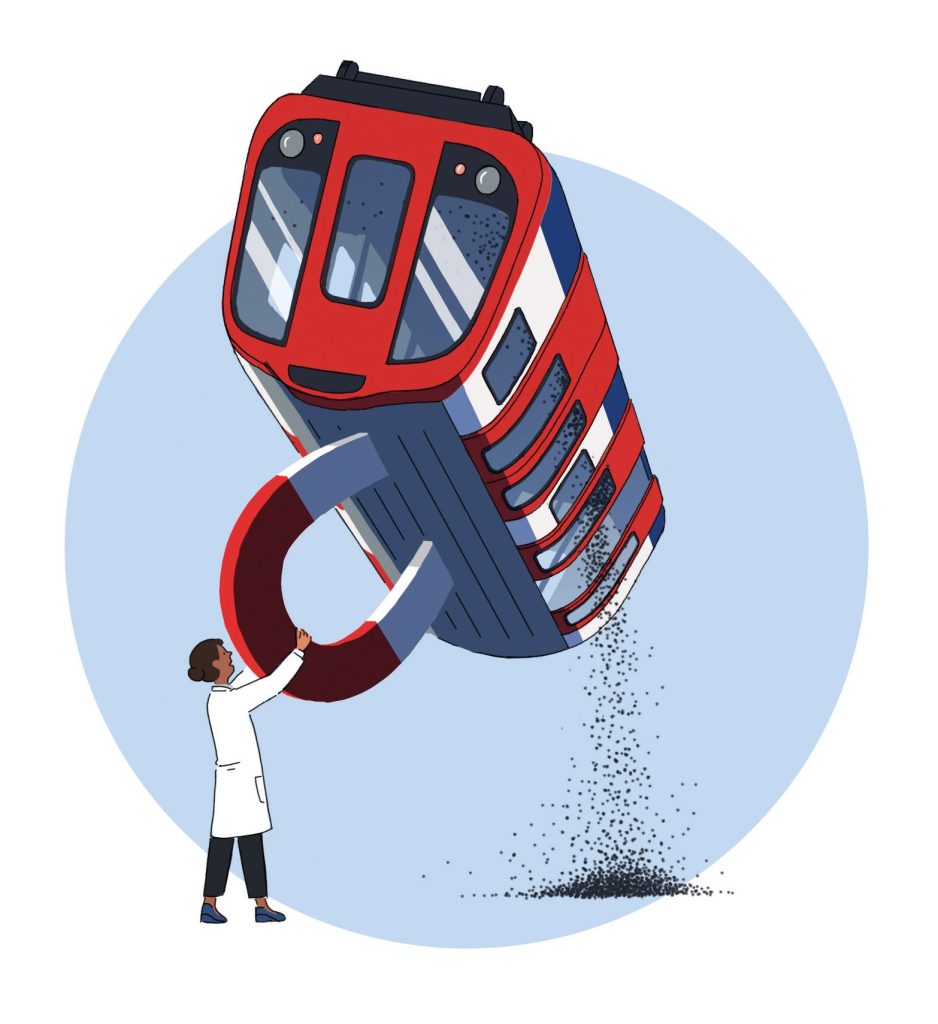
Three-minute Tripos
The Catholic church can curb carbon emissions by returning to meat-free Fridays. Discuss.
Lunchtime! I’m having a lovely cheese salad. With fruit salad for pudding.
And for dinner?
Probably more salad! Well, it is meat-free Friday.
Hmm. I wasn’t aware that you still followed the 9th-century precept of Pope Nicholas I.
The one where he declared that the figure of a rooster should be placed on every church in Europe as a constant reminder to the faithful of Peter’s denial of Christ?
Er, no. The one where he required Catholics to abstain from eating the flesh, blood or marrow of warm-blooded animals on Fridays and Wednesdays.
Oh yes! That precept! No, I’m following the 2011 proclamation of Catholic bishops in England and Wales, asking their flocks to return to just meat-free Fridays. The cover version versus the original, if you like.
And which is best?
Tricky. The original was all about remembering the Crucifixion, which is fair enough. But the new one is all about reducing meat consumption to cut carbon emissions. And I like it because it seems to be effective.
How so?
Well, a new study led by Professor Shaun Larcom from Cambridge’s Department of Land Economy has found that while only a quarter of Catholics changed their dietary habits following the 2011 proclamation, that was enough to save more than 55,000 tonnes of carbon every year.
Blimey. That’s the equivalent of 82,000 fewer people taking a return trip from London to New York over a year.
Exactly! So perhaps it’s time to look at reviving Pope Nicholas’s other best-known hit. Long live roosters!
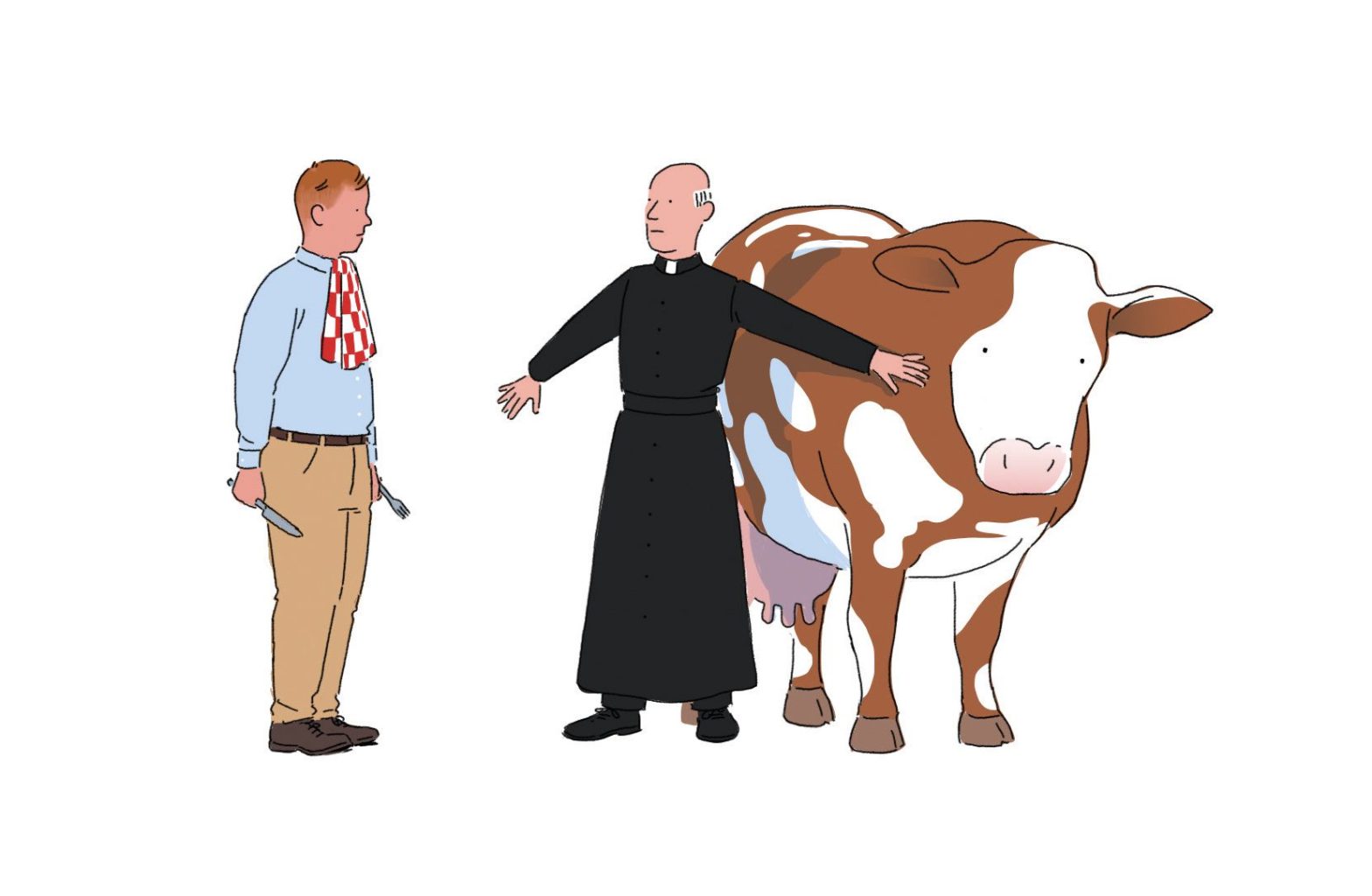
Mathematics
Cambridge Mathematics School to open
The Cambridge Mathematics School will focus on pioneering learning and increasing diversity in maths. It aims to attract more female and minority ethnic students, and more students from socially and educationally disadvantaged backgrounds.
Based in Mill Road, it will welcome 16- to 19-year-old A Level students from across the East of England. All students will study maths and further maths, and then choose from physics, chemistry, biology or computer science A Levels.
The Eastern Learning Alliance, a multi-academy trust, will run the school in partnership with the University.
According to Professor Colm-Cille Caulfield, Head of the University’s Department of Applied Mathematics and Theoretical Physics: “Mathematical skills are essential to 21st-century life, and the Cambridge Mathematics School will be an exemplar of best practice in the subject. Initiatives like this help to demystify the beauty of mathematics and help us to appreciate how it enriches and informs our day-to-day lives.”
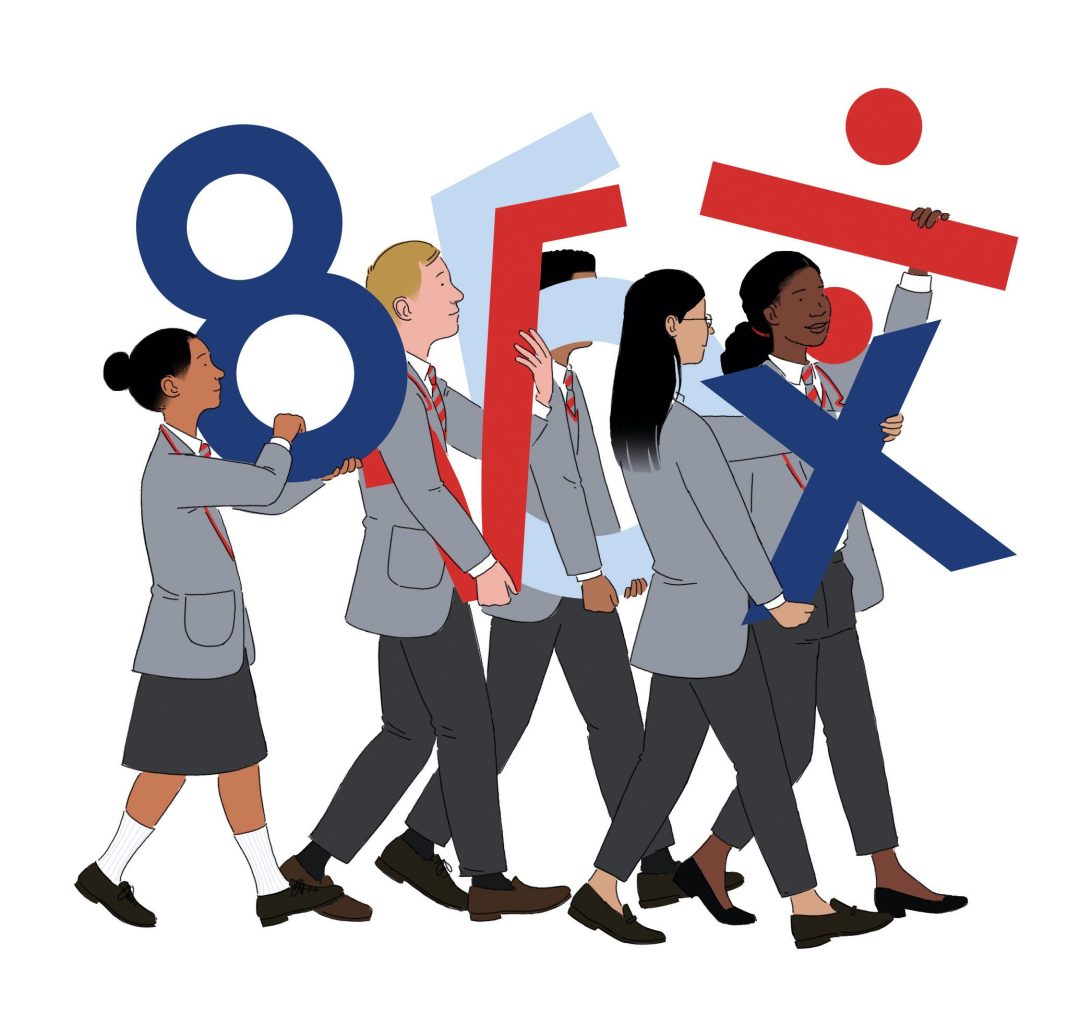
In brief
New Year Honours
King Charles III’s first New Year Honours List has recognised Cambridge academics, staff, alumni – and an undergraduate: Dara McAnulty (Natural Sciences, First Year) – author of Diary of a Young Naturalist – received the British Empire Medal for services to nature and the autistic community in his native Northern Ireland. At 18, he is the youngest person to feature in this year’s list.
50th anniversary
Back in 1972, three Colleges – Clare, Churchill and King’s – began admitting women: the first male-only colleges to do so. Visit each College’s website to find events celebrating this moment, which will continue throughout the 2022/23 academic year.
Spitting image at the UL
What links satirical puppet show Spitting Image and writer and artist Raymond Briggs? They’re both beloved and subversive UK icons – and both are celebrated at the University Library this year. Raymond Briggs: A Retrospective runs from 29 April to 26 August 2023, and Spitting Image: A Controversial History runs from 30 September 2023 to 17 February 2024.

